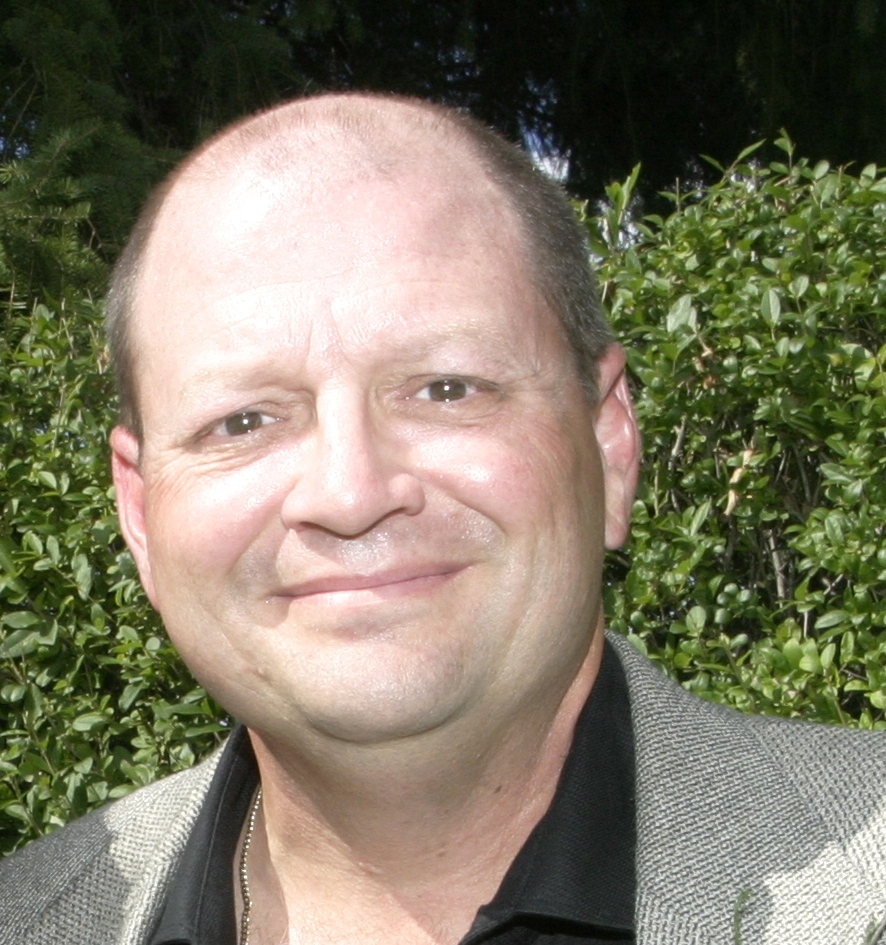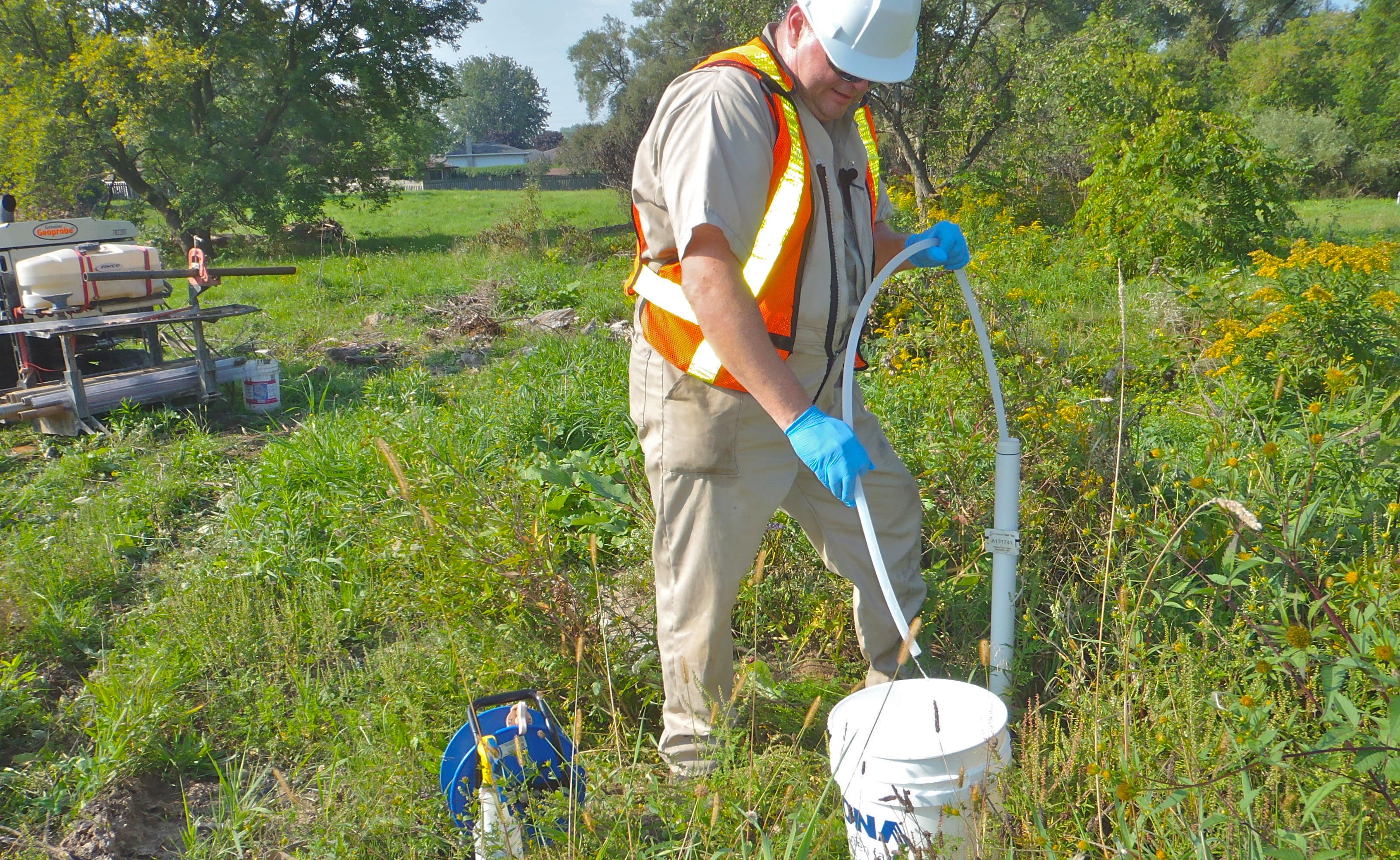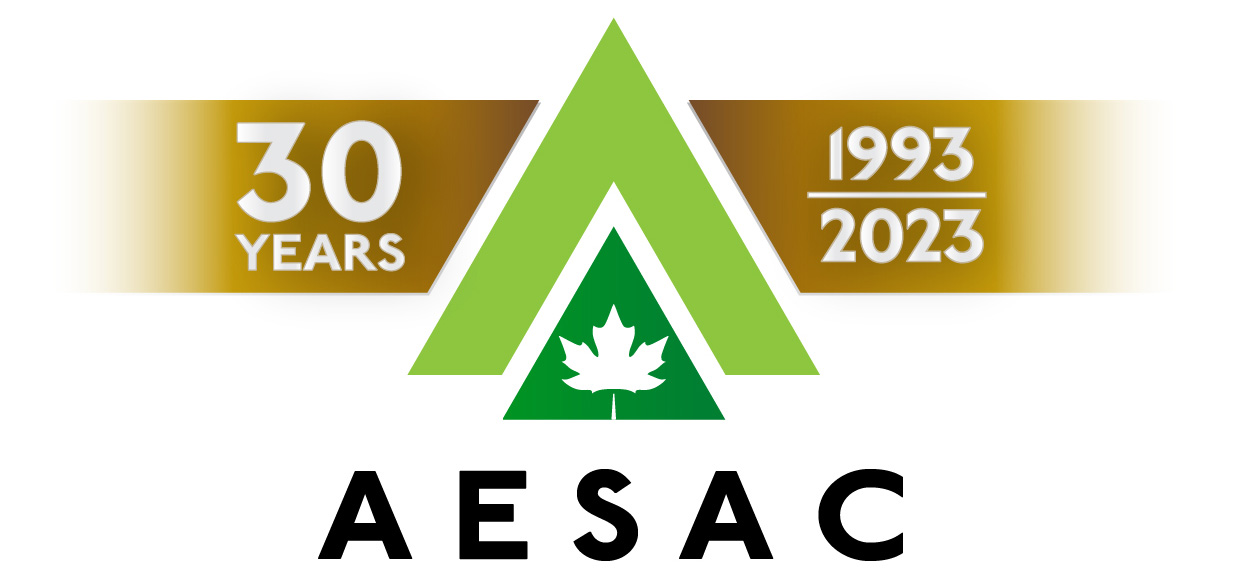- Home
- Training Courses
- Membership
- About Us
- Instructors Blog
- December 2023: All I Want For Christmas
- November 2023: ESA Report Reviews
- October 2023: Can AI Write an ESA Report?
- September 2023: Getting Paid... or Not
- August 2023: Take Me Back...
- July 2023: To Bid or Not To Bid
- June 2023: Selecting a Supplier
- April 2023: Phase 1 Problems, Part 3
- March 2023: Phase 1 Problems, Part 2
- February 2023: Phase 1 Problems, Part 1
- January 2023: Working Outside in Winter
- 2022 Blogs
- 2021 Blogs
- December 2021: Asbestos in your Home
- Sept 2021: Dirty Jars And Other Bad Things… Part 2
- August 2021: Dirty Jars And Other Bad Things… Part 1
- July 2021: How do you want that drawing to look? Part 2
- June 2021: How Did You Want That Drawing To Look? Part 1
- April 2021: So You Need a RSC... Part 2
- March 2021: So You Need a RSC... Part 1
- February 2021: What's In Your Toolbox? Part 2
- January 2021: What's In Your Toolbox? Part 1
- 2020 Blogs
- December 2020: A Day in the Life, Part 2
- November 2020: A Day in the Life, Part 1
- October 2020: Exploring Your Career Path
- September 2020: So You Want To Start Your Own Business - Part 2
- August 2020- So You Want to Start Your Own Business
- June 2020: Effective Communication
- May 2020: Tips For Working From Home
- April 2020: Conducting ESA’s During a Pandemic
- March 2020: It's Not Easy Being Green
- February 2020: Looking Ahead; Bold Predictions for the Next Decade
- January 2020: Looking Back; A Decade in Review
- 2019 Blogs
- 2018 Blogs
- 2017 Blogs
- 2016 Blogs
- 2015 Blogs
- Find an AESAC Member
Menu- Home
- Training Courses
- » Training Courses
- » Webinar Series
- » Calendar of Events
- » Course Registration
- » Course Instructors
- » Testimonials
- Membership
- » Become a Member
- » Certifications
- » Membership Search
- » Update Member Profile
- » Members Only
- » » Member Login
- » » Membership Renewal
- » » Create/Change Password
- » » CESA Certification Application
- About Us
- » About AESAC
- » Course Instructors
- » Contact Us
- Instructors Blog
- » December 2023: All I Want For Christmas
- » November 2023: ESA Report Reviews
- » October 2023: Can AI Write an ESA Report?
- » September 2023: Getting Paid... or Not
- » August 2023: Take Me Back...
- » July 2023: To Bid or Not To Bid
- » June 2023: Selecting a Supplier
- » April 2023: Phase 1 Problems, Part 3
- » March 2023: Phase 1 Problems, Part 2
- » February 2023: Phase 1 Problems, Part 1
- » January 2023: Working Outside in Winter
- » 2022 Blogs
- » » December 2022: Advice To My Younger Self
- » » October 2022: Pre-Purchase Due Diligence
- » » Sept 2022: Words Matter
- » » July 2022: Let Us Come To You
- » » April 2022: Due Diligence
- » » March 2022: Time Management
- » » February 2022: Spinning Augers... Part 2
- » » January 2022: Spinning Augers... Part 1
- » 2021 Blogs
- » » December 2021: Asbestos in your Home
- » » Sept 2021: Dirty Jars And Other Bad Things… Part 2
- » » August 2021: Dirty Jars And Other Bad Things… Part 1
- » » July 2021: How do you want that drawing to look? Part 2
- » » June 2021: How Did You Want That Drawing To Look? Part 1
- » » April 2021: So You Need a RSC... Part 2
- » » March 2021: So You Need a RSC... Part 1
- » » February 2021: What's In Your Toolbox? Part 2
- » » January 2021: What's In Your Toolbox? Part 1
- » 2020 Blogs
- » » December 2020: A Day in the Life, Part 2
- » » November 2020: A Day in the Life, Part 1
- » » October 2020: Exploring Your Career Path
- » » September 2020: So You Want To Start Your Own Business - Part 2
- » » August 2020- So You Want to Start Your Own Business
- » » June 2020: Effective Communication
- » » May 2020: Tips For Working From Home
- » » April 2020: Conducting ESA’s During a Pandemic
- » » March 2020: It's Not Easy Being Green
- » » February 2020: Looking Ahead; Bold Predictions for the Next Decade
- » » January 2020: Looking Back; A Decade in Review
- » 2019 Blogs
- » » November 2019
- » » September 2019
- » » August 2019
- » » July 2019
- » » May 2019
- » » March 2019
- » » February 2019
- » » January 2019
- » 2018 Blogs
- » » November 2018
- » » October 2018
- » » September 2018
- » » August 2018
- » » July 2018
- » » June 2018
- » » May 2018
- » » March 2018
- » » February 2018
- » » January 2018
- » 2017 Blogs
- » » April 2017
- » » June 2017
- » » August 2017
- » » September 2017
- » » December 2017
- » 2016 Blogs
- » » October 2016
- » » September 2016
- » » August 2016
- » » July 2016
- » » June 2016
- » » March 2016
- » » January 2016
- » » December 2016
- » » November 2016
- » 2015 Blogs
- » » April 2015
- » » July 2015
- » » September 2015
- » » October 2015
- » » December 2015
- Find an AESAC Member
Should you find yourself in need of a consultant for environmental assessment or remediation, there are several things you should consider. The first step is to determine why you require an environmental consultant. A common reason is to conduct an Environmental Site Assessment (ESA) for purchase and/or financing of commercial and industrial properties; but it can also be required for regulatory compliance, or to address known or suspected contamination. The work required can become complex and expensive and it is imperative to confirm all regulatory, legal, financial and due diligence requirements. Costly remediation and loss of value at contaminated sites can turn your investment ‘nest-egg’ into a liability. It still amazes me the number of people that will invest millions of dollars in real estate, but refuse to spend the time and fees necessary to evaluate and understand their environmental risks.
It is important to retain qualified and experienced professionals to complete your assessment. Various provincial associations license professional engineers and geoscientists who can investigate and rectify environmental concerns. In addition to education and professional designations, organizations such as AESAC provide industry-recognized training and certification. Other experienced professionals and technical specialists are fully competent to complete environmental assessments, however the potential need for regulatory sign-off by a qualified professional; or consultant pre-qualification by financial institutions may affect your selection criteria. Local knowledge, availability and timing are also important considerations.
As with any service, prices can vary greatly, and it’s important to distinguish price versus value. A wise man (my dad) told me - always buy the best tools and equipment you can afford. Evaluating consultants should be no different. Who is going to provide the best quality work, in the most cost-effective manner to meet your specific needs? There are often several ways of accomplishing your objectives, and varying levels of expertise may be necessary, so more than just cost needs to be evaluated. The scope of work (and costs) can vary with professional judgement, so make sure you compare ‘apples to apples’ and don’t be afraid to ask a prospective consultant why their ‘apples’ are different or better than their competitor’s ‘oranges’.
Assuming qualifications, and pricing, are comparable (which is not always true) the most important factor is trust. Ask your self - do you feel comfortable with the consultant? Are they telling you what they plan to do and why? Are they answering all questions to your satisfaction? Are they objective and looking out for you – not the lender, agent, or insurer? Some firms may do lots of work for one bank, but only one project for you. As a paying client your specific interests should always be the consultant’s primary concern. As a consultant, I have always encouraged potential new clients to educate themselves about the work needed, and to obtain competitive quotes from other qualified professionals. I like to think they will retain my services; but regardless of who they hire, I hope they get someone who not only meets their goals, but treats them honestly, fairly, and with respect.
Bill Leedham, P. Geo., CESA

About the Author
Bill Leedham, P.Geo., QP, CESA.
Bill is the Head Instructor and Course Developer for the Associated Environmental Site Assessors of Canada (www.aesac.ca); and the founder and President of Down 2 Earth Environmental Services Inc. Mr. Leedham has over twenty nine years of consulting experience in the areas of environmental site assessments, site remediation, geology, contaminant hydrogeology, geotechnical investigations and building sciences; and has conducted, managed, or peer-reviewed hundreds of ESA, remediation and risk assessment projects across Canada.
Training Courses
Membership
About Us
Contact UsCopyright (c) 2024 Associated Environmental Site Assessors of Canada; AESAC Inc.



